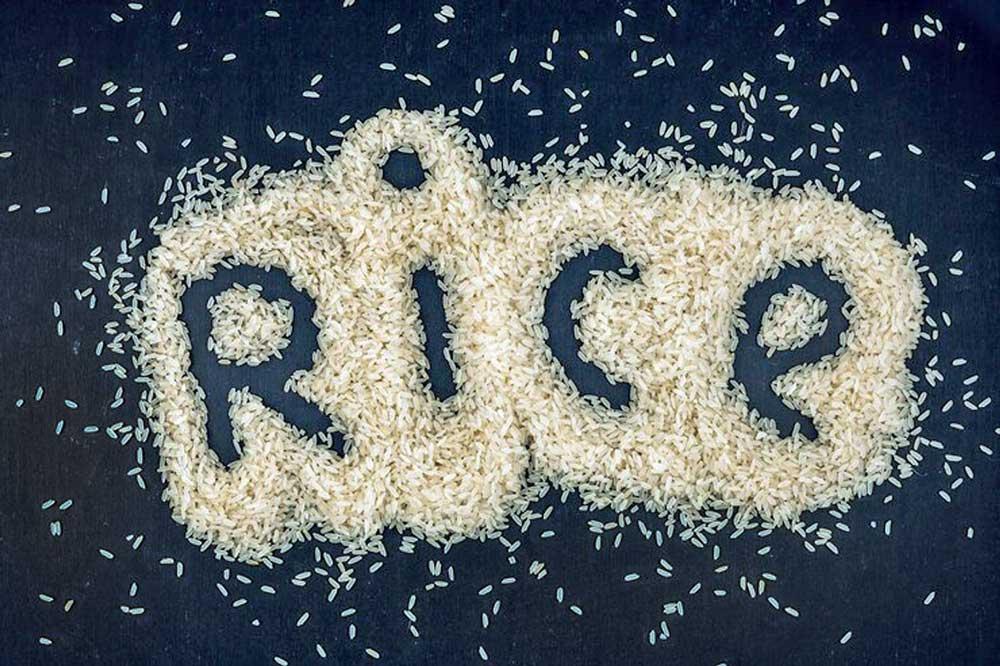21 Dec 2024 - {{hitsCtrl.values.hits}}

By Kelum Bandara
Amidst irregularities in rice supply and shortages in some places, the government, upon request by importers, has decided to extend the deadline till January 10, 2025 for imports, a top source said. The previous deadline ended yesterday.
The new deadline will be announced in the gazette notification after the Cabinet endorses it next Monday.
A group of representatives of the Essential Commodities Importers’ and Traders’ Association had a meeting with Trade Minister Wasantha Samarasinghe recently and requested him to extend the deadline as otherwise it would be challenging to place orders for sufficient stocks unhindered.
Given the short duration, importers cited that rice could be purchased only from locations geographically close to Sri Lanka such as Tamil Nadu and Andhra Pradesh in India, but stocks could be shipped at cheaper rates from places like Kolkata.
President Anura Kumara Dissanayake has directed rice traders to sell Nadu rice to consumers at a wholesale price of Rs. 225 per kilo and a retail price of Rs. 230 per kilo. The President announced fixed prices for various other rice varieties -white rice: wholesale – Rs.215/kg; Retail – Rs.220/kg, imported Nadu Rice: retail – Rs. 220/kg, Samba Rice: wholesale – Rs. 235/kg; Retail – Rs. 240/kg and Keeri Samba Rice: wholesale – Rs. 255/kg; Retail – Rs. 260/kg. Rice is cultivated in two seasons in Sri Lanka – Maha and Yala.
However, a leading rice importer said his association would write to the President requesting him to reduce duty from Rs.65 a kilo to 50 and do away with price control mechanisms for imported varieties.
“In recent days, there has been a slight depreciation of the rupee value against the US dollar. It affects us. Also, the import duty is high. It is difficult for us to stick to the control prices,” he said.
Also, he said around 10,000 tonnes of rice remained stuck in Tuticorin and Madurai in India due to stormy weather earlier and these stocks had arrived.
Currently, there are irregularities in market supply, with rice of some varieties not being available at the regulated prices at some places.
A leading mill owner who wished to remain anonymous said he had maximized his supply to the market at the rates declared by the government.
He said supply varies from mill owner to mill owner depending on paddy storage with each of them. The next harvest is expected in February, next year. Until then, the government has allowed rice imports to control any possible surge in prices. Rice is the staple of Sri Lanka, and any price hike has a bearing on the cost of living as a result.
In the meantime, Pakistan, as a major rice-producing country, has offered to sell their products at competitive rates.
Once the Sri Lankan government decided to import rice, the Pakistani High Commission in Colombo engaged with the authorities concerned here about the availability of rice –both Basmati and non-Basmati varieties of Pakistani to be supplied at affordable, competitive rates.
Sri Lankan importers are currently in touch with their Pakistani counterparts. In Sri Lanka, coarse varieties are mostly consumed. Pakistan is a leading rice producer in the world, cultivating both Basmati and coarse varieties.
Sri Lanka imports 6,000 tonnes of Basmati rice from Pakistan under an annual quota announced in the Free Trade Agreement between the two countries.
21 Dec 2024 4 hours ago
21 Dec 2024 21 Dec 2024
21 Dec 2024 21 Dec 2024
21 Dec 2024 21 Dec 2024
21 Dec 2024 21 Dec 2024